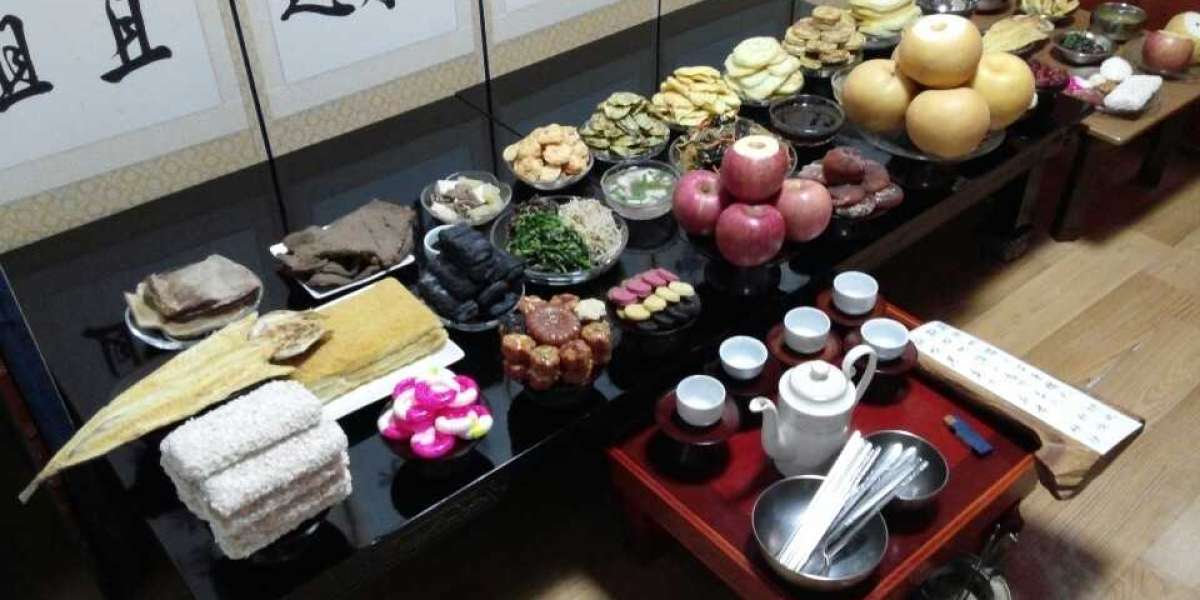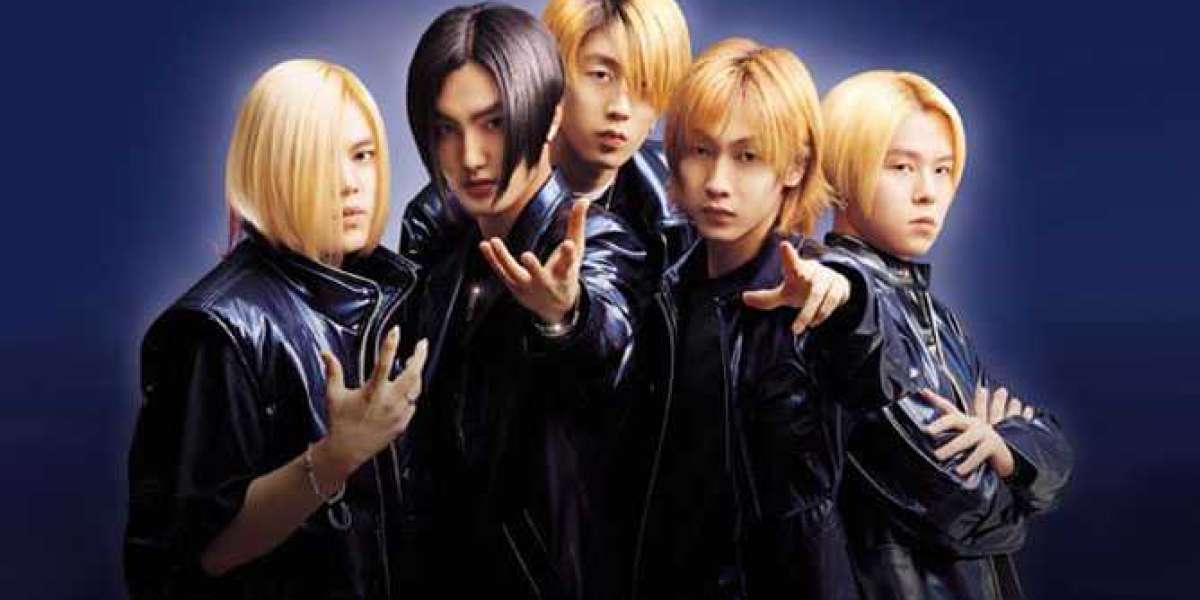The Lunar New Year, also known as Seollal, is one of the most important and widely celebrated traditional holidays in South Korea, ranking second only to Christmas.
The fact that the two Koreas have been divided for nearly 77 years has resulted in widely divergent holiday traditions, despite the fact that they share many aspects of culture.
Throughout North Korea, socialist holidays, such as the birth anniversaries of late leaders Kim Il-sung and Kim Jong-il on September 9 and October 10, as well as the national foundation day on September 9 and the party foundation day on October 10, outweigh the significance of traditional holidays.
So, how do the people of North Korea celebrate the beginning of the Year of the Tiger?
As might be expected, North Koreans begin their Lunar New Year's celebrations by demonstrating their allegiance to the Kim family. Later in the day, people participate in ancestral rites, eat meals with their families, and watch art performances that contain messages praising the preeminence of North Korean leader Kim Jong-un and the leadership of the ruling party.
In the morning, North Koreans lay flowers and pay respect to statues or portraits of the late North Korean leaders, Kim Il-sung and Kim Jong-Il, which are located throughout the country.
A popular tourist attraction in Pyongyang is the Kumsusan Palace of the Sun, which is where the embalmed bodies of Kim Il-sung and Kim Jong-il are entombed. Residents can also climb Mansu Hill to pay respects to giant bronze statues of the late leaders.
However, there is no widespread movement of people to visit family in North Korea, primarily because there is no freedom of movement in the country. The scene is in stark contrast to its neighbor China, where the world's largest annual migration takes place across the country each Lunar New Year, a phenomenon known as the Great Wall of China.
When traveling outside of North Korea, North Koreans are required to obtain a travel permit from the local authorities. In addition, the Kim Jong-un regime tightened travel restrictions within the country in the name of preventing and controlling COVID-19 outbreaks.
Instead, according to previous state media reports, North Koreans quietly celebrate the Lunar New Year by attending cultural performances such as music concerts, "revolutionary operas," and circuses that are held in different regions throughout the country.
President Kim Jong-un of North Korea is not an exception. A celebratory concert featuring patriotic songs and performances, in which the ruling Workers' Party of Korea and the North Korean leader were extolled as "great," and in which a socialist utopia was envisioned, has been held every two years for the past two years for Kim and his steadfast allies.
According to the state-run Korean Central News Agency (KCNA), songs such as "We Will Go Along the Road of Loyalty" and "We'll Travel One Road Forever" resounded throughout the concert hall in January.
"The audience was deeply moved by the truth that our country and people have (an) enormously bright future despite whatever hardships and difficulties they may face on the road to advancement(ment) as long as the General Secretary leads the Party," the statement continued.
Although North Koreans do not celebrate the Lunar New Year, the late founder Kim Il-sung disregarded the tradition as a "relic of a feudal society" and declared January 1st as an official holiday in 1946, the solar calendar's New Year's Day remains a significant holiday in the country.
Immediately following the end of the Korean War in 1953, the Lunar New Year tradition vanished without a trace.
However, as part of his sweeping ideological campaign to promote the "Korean Nation-First Spirit," the late leader Kim Jong-il instructed people to celebrate the 3-day Lunar New Year holidays rather than New Year's Day in 2003.
The importance of the Lunar New Year, which the Kim Jong-il regime emphasized as the traditional holiday of passing down the national tradition, was emphasized.
North Koreans continue to participate in traditional folk games such as kite flying, top-spinning, jigichagi, and the yunnori board game during the Lunar New Year's holidays, despite the country's repressive government.
According to the North Korean calendar for this year, the Lunar New Year will be celebrated with one public holiday in the country. According to a database provided by South Korea's Unification Ministry, people take a day off on this day, but they should make up for lost time by working on Sundays in addition to their regular jobs.
The Lunar New Year, however, would still be anticipated because the Kim Jong-un regime has provided food and daily necessities on public holidays for the past several years.



